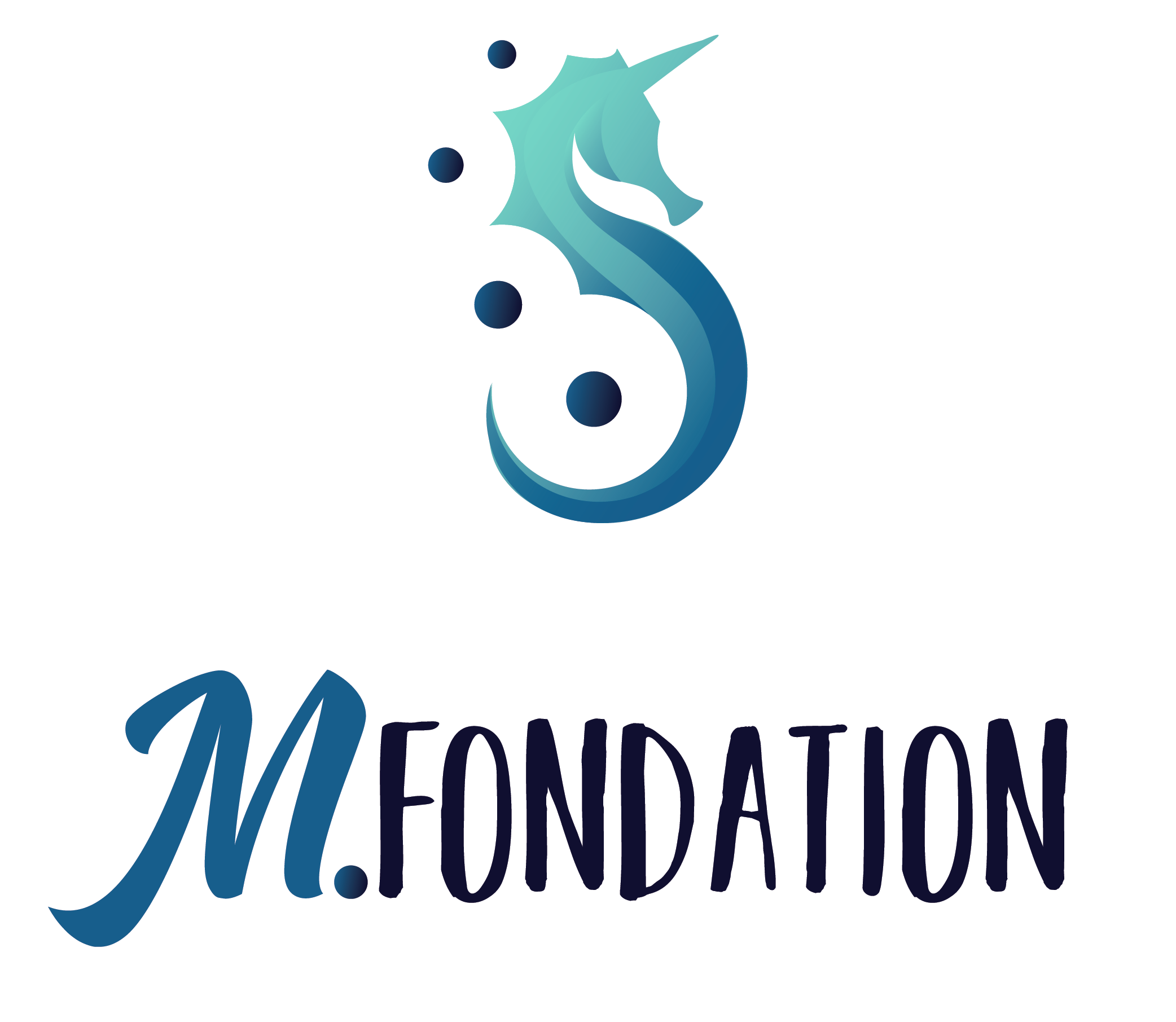The Charter for the creation of the United Nations Organisation was signed on 26th June 1945 in San Francisco, thus constituting a permanent base for progress towards world peace in spite of hostility from certain Nations and comments from a human point of view.
It was followed by the elaboration of the Universal Declaration of Human Rights . At the time of signing this charter of Human Rights, which took place at the at the Palais de Chaillot, Paris, in 1948, the ecological problems of today were not an issue and digital technology did not form part of our daily life.
The object of creating the UNO was to call to order and regulate the management of nations.This legal seat of international dialogue was created with the intention of avoiding at all costs a repeat of the carnage of the second world war.
70 years later, we find that :
- the UN are encountering refusal to comply by some Leaders
- nations are failing to coordinate a common policy for ecological issues and digital technology,
- the widening economic gap between rich and poor is generating dangerous tensions,
- the appearance of authoritarian policies are threatening democracy,
- populations continue to increase rapidly ; overconsumption and continual increase in pollution are posing a serious threat to our « blue planet »
- there is a growing awareness by populations of the power of digital technology
In the face of a rapid technological evolution and the disorder resulting from its misuse and of the egoisme of nations either centred on their own interests or sometimes victims of their own political choices, it appears necessary to add a new « dynamism » to the UN charter of Human Rights by moving it towards the « Augmented Charter for Humanity » as indicated by the will of the people.
- Protection of all people both in body and mind is an undeniable obligation.
- Acceptance that every person is sovereign of his or her own mind and body, having due respect for each other is an objective to be written into the modernised version which must take place.
- A respect for ecology and establishment of a sustainable and supranational development are conditions of survival for our civilisation which can only be imposed by a mobilisation of the populations of our planet.
This will result in an enriching of the first and following articles of the Universal Declaration of Human
rights which is augmented by rights and obligations and which might read as follows :
Augmented universal Declaration of Human rights
First article (of the initial UN Charter , text in blue)
Every human being is born free and equal both in terms of dignity and rights. All are endowed with reason and conscience and should act towards one another in a spirit of fraternity and an obligation towards protection of the resources of the planet. Nations, from which human beings emerge, promise to write into the first article of their constitution, an obligation for sanctuarisation of the mind and body of every individual, each one being sovreign over his own mind and body within a context of mutual respect. Every nation swears a commitment to the sanctuarisation of the planet.
